I got my first smartphone on May 26, 2012.
I was 27 years old, and every minute of my life was spent mothering my three little kids. My world was tactile and immediate—crumbs on the floor, bedtime stories, and lots of crying all around.
Andrew didn’t want to get a smartphone. He’s always been averse to spending money, and he didn’t think it was necessary. In retrospect, his hesitation seems almost prophetic.
I argued that everyone had one. All my friends were talking about this new thing. It seemed a better, easier way to stay in touch with people. I had heard of something called Instagram, and I wanted it. Everyone we knew was playing Words with Friends. One by one, all our friends, family, and acquaintances were falling like dominoes, joining the club buying their own smartphones. And I wanted in the club.
My enthusiasm was undampened by his uncertainty. This device promise connection, convenience, and fun. It seemed there were no drawbacks.
I don’t remember how long we debated this decision that so fundamentally changed our lives, but obviously, Andrew succumbed to my persuasion and we both became proud (or reluctant, in Andrew’s case) owners of smart phones.
I’ve thought often about that decision in the almost 13 years since then. I had no idea at the time what a monumental shift I was making in my life—what effect this device would come to have not just on me but on the entire world.
It changed literally everything.
The way we talk, communicate, spend our leisure time, relax, argue, decompress, waste time, work, shop, navigate, drive, capture ideas, take pictures, write, read, and think.
I went from carrying around my clunky but wonderful DSLR to take pictures for my real-life scrapbooks, to snapping blurry, pixelated selfies that I then slapped an aggressive filter on to put onto social media. (This digital “scrapbook” that hasn’t at all lived up to the quality of the way I used to document our lives.)
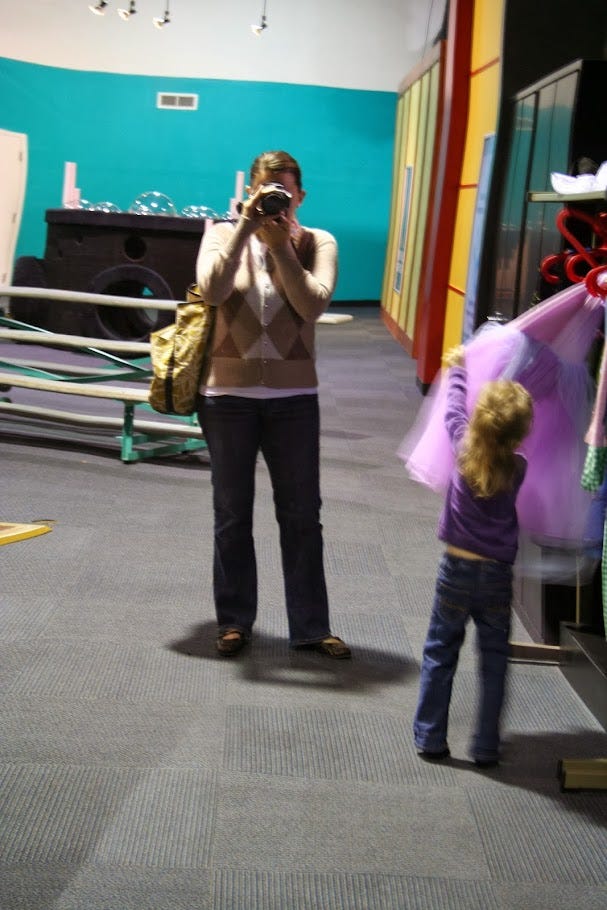
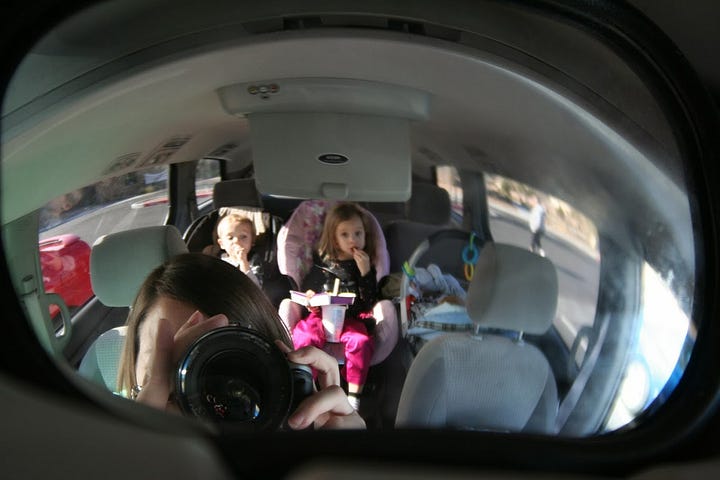
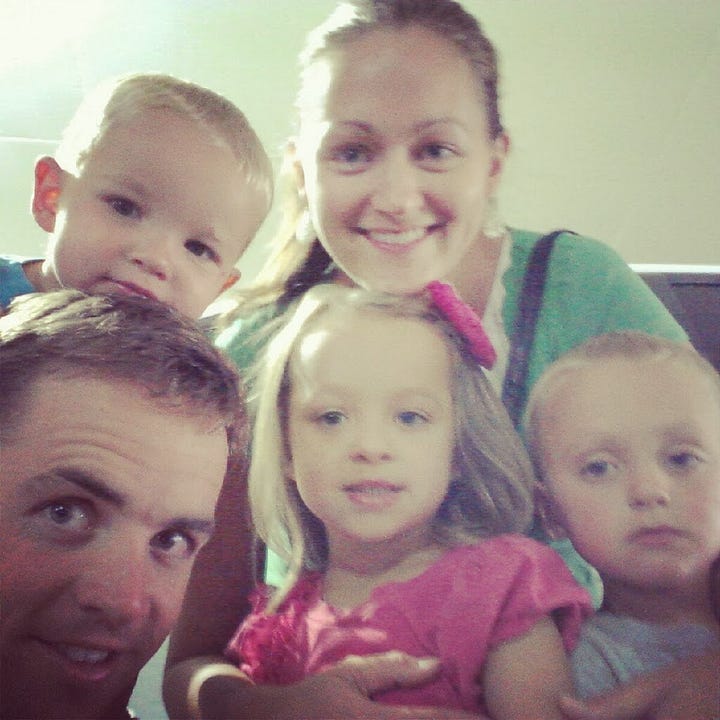
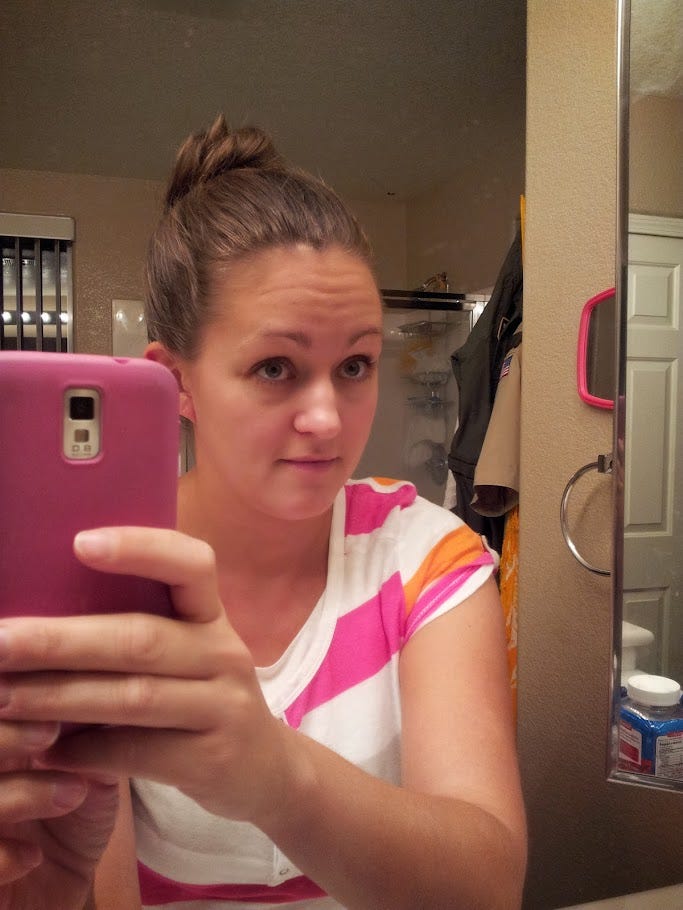
My conversations moved gradually from mostly in-person or on the phone, to brief texts, to mainly just likes and emojis. My mind and thoughts became more distracted, frazzled, and fragmented as I added more and more to my digital world.
I traded depth and for convenience. Research confirms what I have felt intuitively—our attention spans have shortened, our anxiety has increased, and our capacity for deep thinking has diminished.
My family remained the same—I’m still married to the same person and I have the same 3 children—but this little device forever altered the way we lived.
Obviously, to some degree, growing older would have done that anyway. People change. The world evolves. That’s part of life.
But I’ve often wondered if I could have—should have—resisted that decision, even for a little longer.
I don’t want to come across as a nostalgic technophobe (although maybe that’s partly true?). Smartphones have made my life objectively better in a handful of ways. I can navigate unfamiliar roads without getting lost. I can maintain connections with distant loved ones in ways that were previously impossible.
But it’s also true that it hasn’t all been good. It set us all on a path we couldn’t have foreseen, and if I’d known, maybe I’d have opted out.
I don’t know if I could have avoided it completely. I don’t know if it’s really possible to live in the current world without a smartphone. (Believe me, I’ve contemplated long and hard the idea of getting rid of it, and I just can’t bring myself to do it; the sacrifice is too great.)
But I’ve wished so many times I could go back in time and warn myself, or all of us. It seemed a small decision—just buying a little gadget that could fit in our pockets. How big of a deal could it possibly be?
But there is no single purchase that has had as big of an impact on my life as that one.
I wish I’d had more time without it, more information about it, or a prediction about what it would do.
But of course, I can’t go back. I can’t undo this.
We’re all stuck with this world we accidentally created when we inadvertently opted into constant connection.
And now I struggle, on an hourly basis, to find a way to live with that irreversible choice, to grapple with the consequences of what we all made. The overwhelm, the loneliness of so many, the disconnect, the harm, the anger, the isolation, the cost.
I know the tone of this little essay won’t land with everyone. I know I don’t represent universal sentiment when I lament about our online lives and digital overwhelm. Most people I know seem totally fine with the way things turned out with smartphones. I’m just the crazy lady holding a cardboard sign on the street corner hollering about the end of the world.
But I can’t help but be resentful, remorseful, and a little angry at how unthinkingly I chose this path, and at how quickly I allowed it to become an unstoppable boulder rolling down the hill.
I can’t go back. But I’m trying to find a better way to go forward—small boundaries to help reclaim some of what was lost.


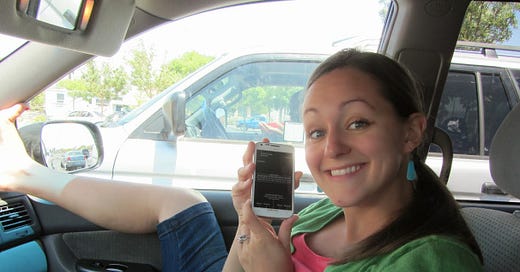



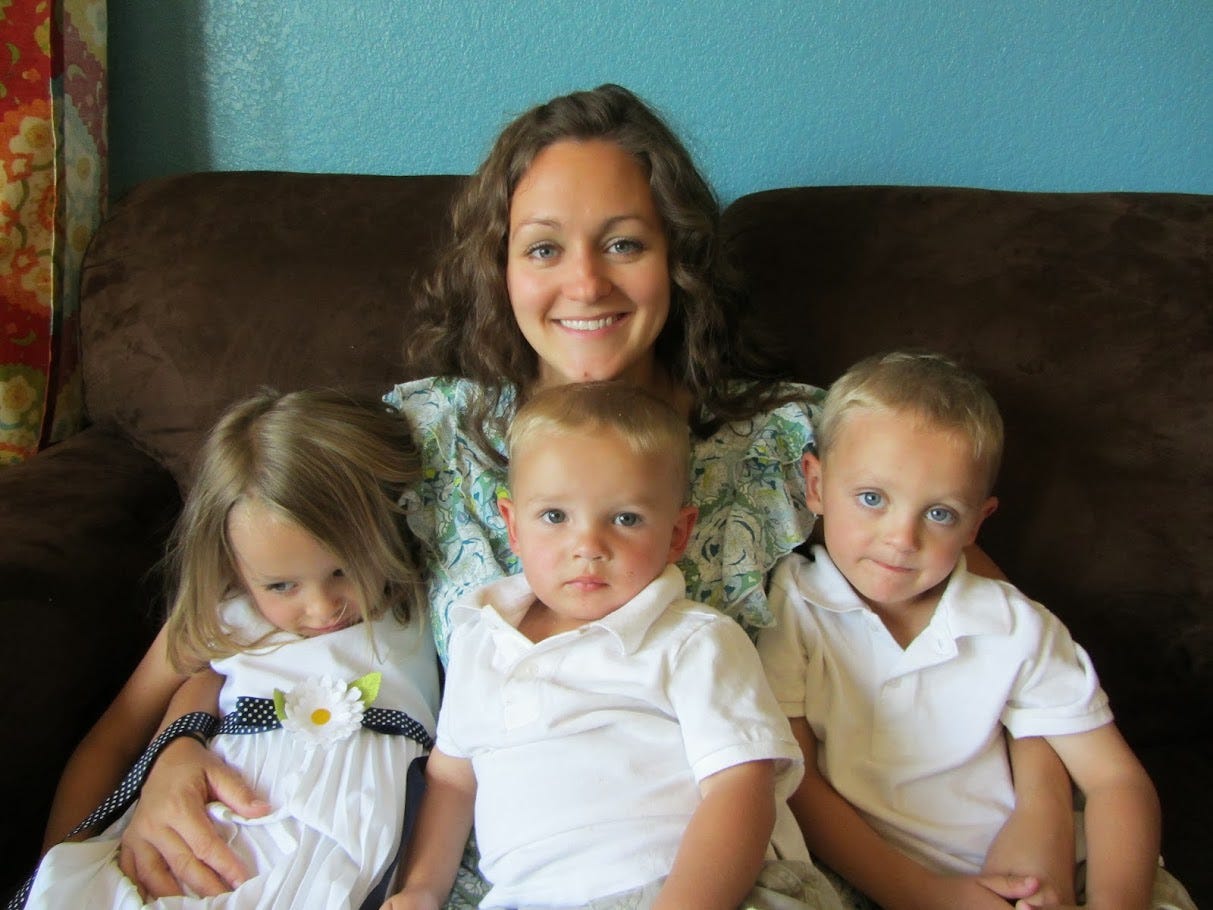
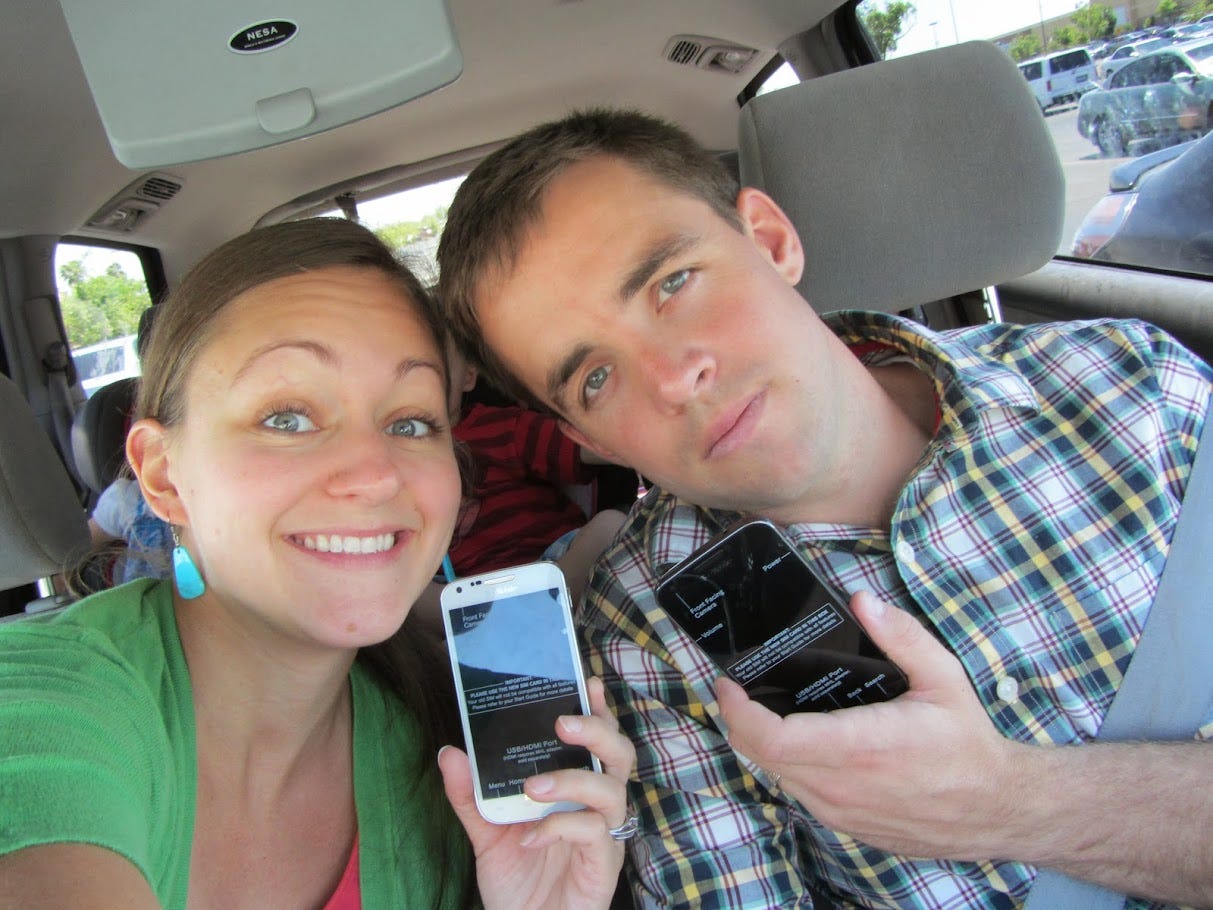
I completely agree and deeply feel the same sentiments. I am also jealous of the years you had with your children smart phone free. I get the irony that I clicked over to this essay from my email inbox and am typing out this response with staccato thumbs… but oh how the guilt eats at me over the time I’ve wasted on this damned thing. A hippy commune sounds less insane the older I get. Add this to the list of long conversations I want to have with you in person.